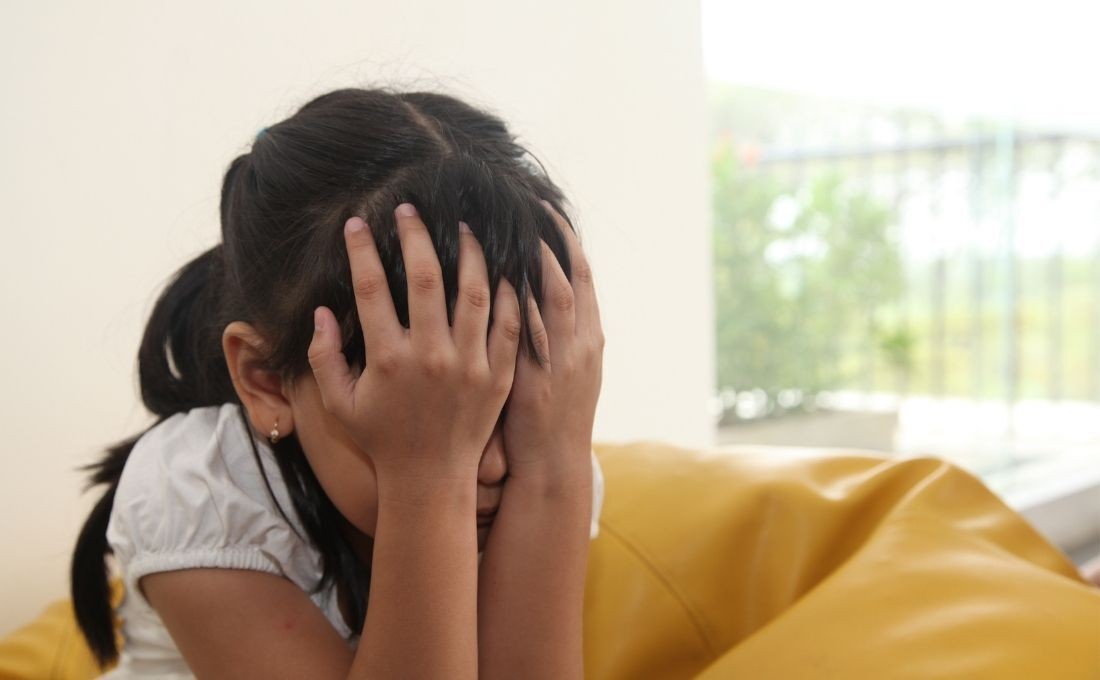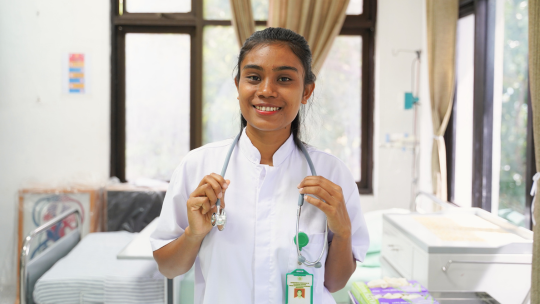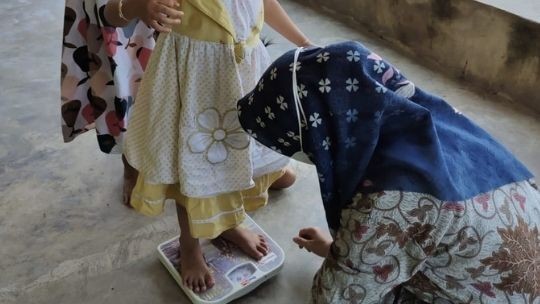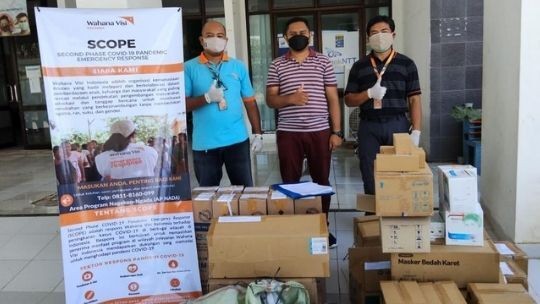TPKS Law Validated, Child Survivors of Sexual Violence Appreciates the Government

A child of a sexual violence survivor from Bengkayang Regency, West Kalimantan, Ade (not real name), appreciates the DPR RI (House of Representatives of the Republic of Indonesia) and the government for the ratification of the Draft Law on the Crime of Sexual Violence (RUU TPKS) into law at the DPR plenary meeting, on Tuesday (April 12, 22). She hopes that in the future there will be no more cases of sexual violence experienced by Indonesian children.
Ade says the presence of the TPKS Law could create a deterrent effect on perpetrators of sexual violence and provide protection for survivors to dare to report to the authorities. For this reason, this 14-year-old child is grateful to the representatives of the people who have listened to the aspirations of children for an Indonesia free from sexual violence.
"We thank DPR and other relevant institutions who have represented the voices of children in the ratification of the TPKS law. And for survivors, don't be afraid to report acts of sexual violence committed by those closest to you because there is already legal protection," said Ade, who is one of the participants in the Wahana Visi Indonesia (WVI) Bengkayang Program Area.
WVI Public Policy Analyst, Lia Anggiasih, explained that the ratification of the TPKS Law was a historic moment in efforts to protect children against sexual violence in Indonesia. According to her, this law provides a comprehensive guarantee of protection for children. Sexual violence against children is no longer a complaint offense, but a report offense.
"So far, law enforcers have based their examinations based on whether there are complaints or not, later if the sexual contact is made against children or groups of people with disabilities, the apparatus can move without waiting for a complaint," said Lia.
In addition, the TPKS Law explicitly regulates the elimination of consent for sexual contact with children, forced marriages, and victim assistance funds. She also thanked the Ministry of Women's Empowerment and Child Protection for always accepting input from child-focused organizations related to the articles in the TPKS Bill, as well as non-governmental organizations, networks, and alliances of the Indonesia Joining Forces to End Violence Against Children, Action Networks and (Elimination of Violence Against Children) PKTA Alliance.
However, she reminded us that the implementation of the law still needs to be monitored so that child protection services, especially in Frontier, Remote, and Disadvantaged areas such as Ade, are truly effective. She explained that children in those types of areas currently do not have adequate child protection facilities and services.
“Especially the Women and Children Service Unit within the police scope, as well as the (Regional Technical Implementation Unit for the Protection of Women and Children) UPTD PPA which is still very much not formed in districts/cities. These two units are the foremost services, as well as environmental awareness to respond immediately if they know there are cases of sexual contact with children,“ added Lia.
WVI's struggle in the process of formulating and ratifying the TPKS Bill began at the end of 2019. This effort is a joint effort between the Child Protection and Advocacy divisions, both at the national level and the WVI Program Area. Data on safeguarding incidents and reports on sexual violence stories collected by the team in the Program Area serve as a reference and basis for formulating the points of the law. In addition, WVI has also joined the Indonesia Joining Forces (IJF), Action Network and Alliance for the Elimination of Violence Against Children (PKTA) in advocating the TPKS Bill.
Written by: Arya Dwi Putra, Media Relations Executive of Wahana Visi Indonesia
Translated by: Aqueta Alexandra Kroons, Intern Wahana Visi Indonesia
(Photo: illustration of child protection)



